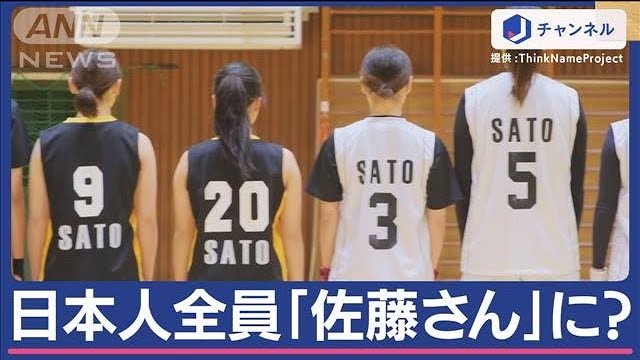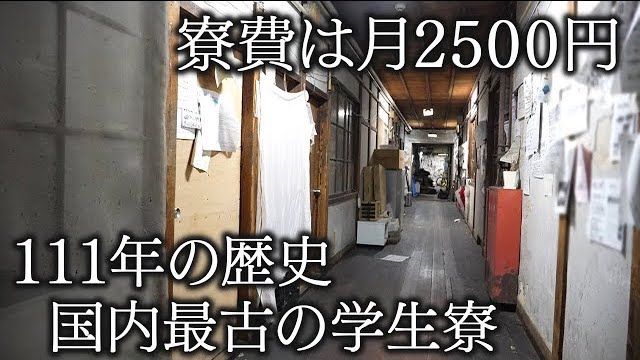The history of gambling in Japan dates all the way back to the seventh century, influenced by Chinese culture, residents of Japan began to participate in games that had an element of chance.
From these early games to today’s glamorous casino resorts and vibrant online gambling websites, the gambling industry in Japan has come a long way.
The beginnings of Japan’s gambling culture
Historical records from the year 685 show that Japan’s emperor Temmu played a game called Sugoroku. Sugoroku is a game similar to the western gambling game backgammon. However, unlike modern backgammon, in Sugoroku doubles are not considered to be special and closing out equals an automatic win.
The game was banned soon after during the rule of Empress Jito, but this did not stop many people participating in gambling activities. As Japan entered the Heian period people in the major cities such as Kyoto enjoyed betting on everything from cockfights and horse racing to cricket and other sporting competitions.
From the 1200’s more strict rules came into force and gambling was prohibited. While the Bakuto (professional players) would be given heavy fines if caught, the rest of the population faced serious consequences such as exile, flogging or even execution if they were found to be participating in such activities.
Managing illegal gambling activity in Japan became too difficult for the authorities and so in the 1700’s the distinction between light and large bets was made and smaller bets were tolerated. Lighter gambling activity included things like lotteries but placing a large bet on something such as a sporting event would lead to prosecution.
The development of Pachinkos
Over the years many new gambling games were invented or brought to Japan from overseas, most games were either card or dice games and popular options included shishita, shoso-shiroky and zanmai, which is similar to Japanese blackjack.
Demand for games of chance continued to grow and in 1923 the first market regulation law was passed in the country. Soon after this the game pachinko first emerged, this game consisted of guiding and collecting balls in exchange for money.
By the early 1930’s, pachinko was so popular that the first pachinko room was opened up in the city of Nagoya in the Chūbu region and other locations soon followed. However, just a few years later the manufacture and sale of pachinko machines was banned by the authorities.
Historically, Japan was not the only country to be resistant to gambling as it started to gain popularity. It took Sweden until 1994 to legalise land based gambing and until 2002 for online casinos to be allowed, and now games like Spelautomater are enjoyed by many. Similarly, the United Kingdom while a 1934 act legalised small lotteries but it wasn’t until the 1960’s that most forms gambling activity was legalised by the government.
The authorities have lessened restrictions on gambling over the years in Japan and the game pachislots is now hugely popular, it is considered to be an iconic game that is enjoyed by both tourists and Japanese citizens.
Pachislots consist of three-reel and a five pay line layout. There are now over five million pachinko and pachislots in Japan and this number continues to grow.
Recent updates to gambling in Japan
By the year 2018 three gambling licences were established in the country, these were in Osaka, Tokyo, and Yokohama. Playing the lottery and betting on public sporting events is also allowed across Japan.
Also, last year the authorities founded the Casino Administration Committee. This regulatory body is responsible for overseeing all gambling activity in casinos and other gambling venues that have received a licence, they help to prevent unlawful activity and ensure players have safe and fair experiences when gambling.
The gambling industry in Japan is now receiving attention and investment from international stakeholders. Recently, the professional boxer Floyd Mayweather announced that he plans to open his own casino empire in Tokyo.
The boxing champion launched TMT Japan (The Money Team) in partnership with management enterprise Libera and the Kyoei boxing gym. This plan was part of his career ambitions as opening up a casino hotel resort in the country would not only be a lucrative financial investment but would also give him a location to stage professional level fights in Japan.
There is a long and complex history of gambling in Japan and now that demand is high and the authorities are taking a less prohibitive stance, plenty of investment from both Japanese and overseas sources is going into developing the industry even further.










